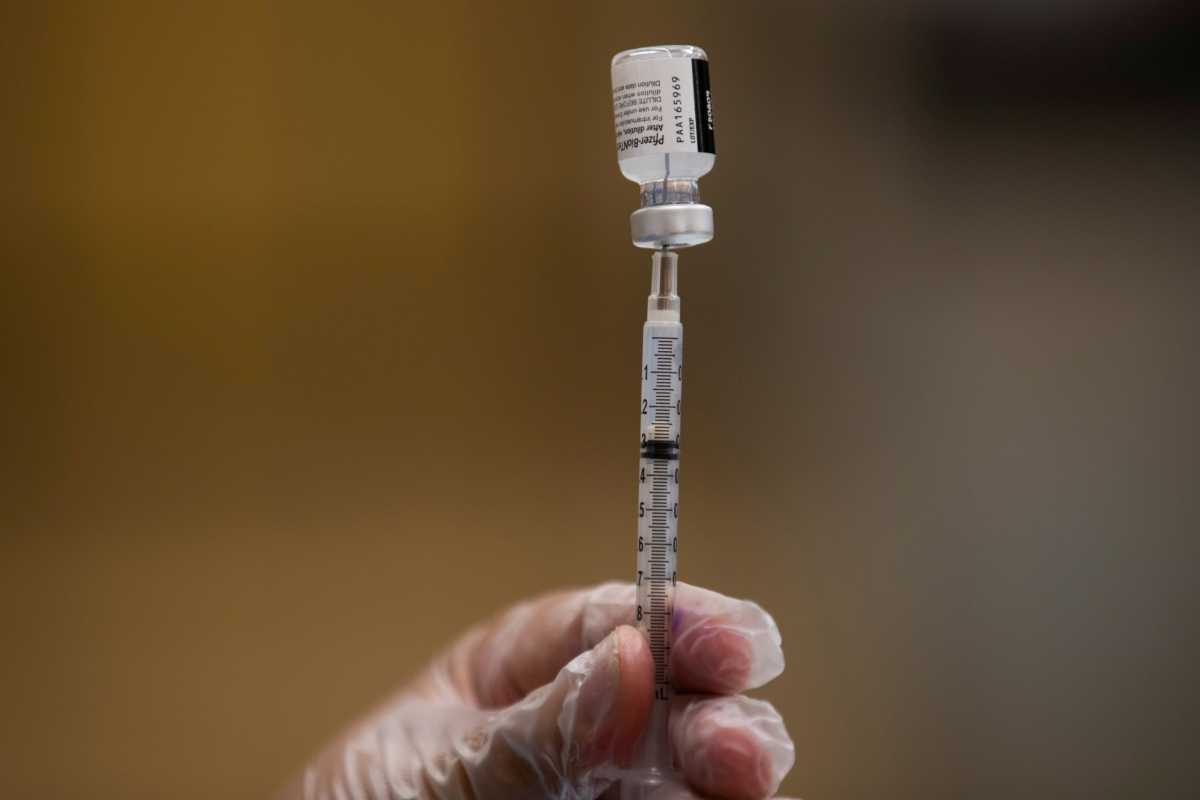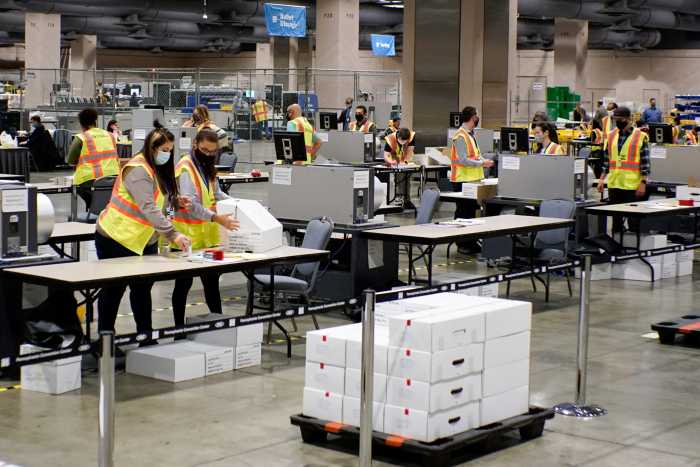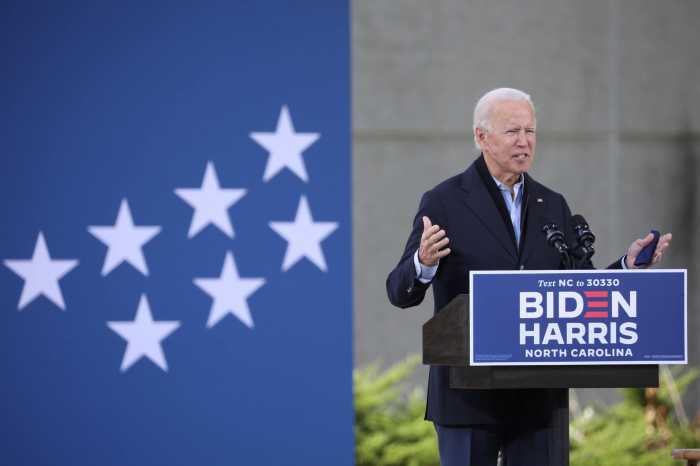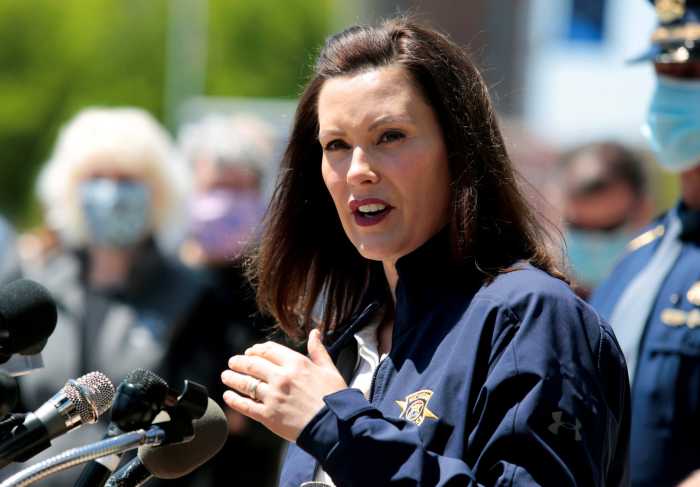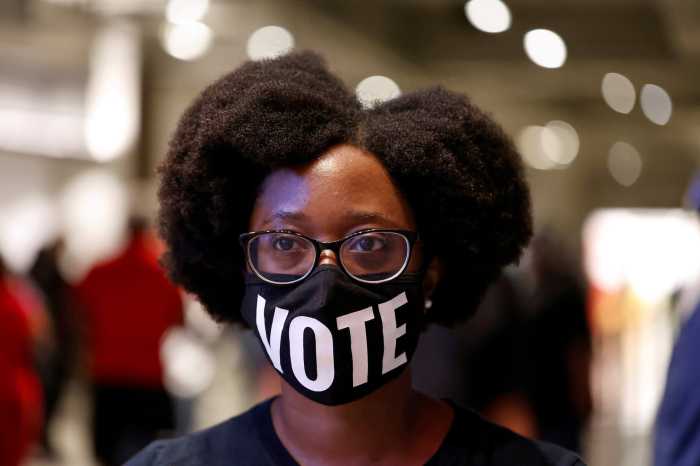WASHINGTON – President Joe Biden announced new mandates on Thursday to spur Americans who are not vaccinated against COVID-19 to get a shot. The measures apply to more than 100 million workers, but it is not known how many of those are already vaccinated.
Here is a look at what the measures do and do not do:
WHO DOES IT COVER?
That would cover an estimated four million federal employees and workers on government contracts.
In addition, the Labor Department’s Occupational Safety and Health Administration (OSHA) will issue a rule using emergency authority in the coming weeks to require employers with more than 100 employees to ensure their workers get vaccinated or get tested weekly. That would have an impact on some 80 million private sector workers.
OSHA said the new Emergency Temporary Standard will also “apply to public sector state and local government workers, including educators and school staff, in the 26 states and two territories with a state OSHA plan.”
The Department of Health and Human Services’ Centers for Medicare and Medicaid Services (CMS) will further issue a rule requiring vaccinations for workers in most healthcare facilities that receive Medicare or Medicaid reimbursement, including hospitals, dialysis centers, ambulatory surgical settings, and home health agencies – about 17 million healthcare workers. It estimated more than half of them – 64% of hospital staff, 62.7% of nursing home staff, and 54.7% of workers at dialysis facilities – have already been vaccinated.
HOW LONG DO WORKERS AND EMPLOYERS HAVE TO COMPLY?
Federal workers have roughly 75 days to get themselves vaccinated, the White House indicated.
For healthcare workers, the CMS is issuing a so-called interim final rule, which becomes effective immediately upon official publication, in mid-to-late October.
The agency has urged all workers who are not currently vaccinated to begin the process immediately.
The clock for private sector workers doesn’t start ticking until the Department of Labor actually issues its rule, expected in coming weeks. After that, they are likely to have a period of 50 to 90 days to comply, officials said.
ARE THERE ANY EXEMPTIONS?
The federal employee mandate includes “limited exceptions for legally recognized reasons, such as disability or religious objections,” White House press secretary Jen Psaki said.
Title VII of the U.S. Civil Rights Act forbids discrimination against any employee based on an “individual’s race, color, religion, sex, or national origin.” A very small number of religious groups in the United States have a theological objection to vaccines, which they say interfere with divine providence.
The vaccines are not recommended for people with allergies to some ingredients.
WHAT ARE THE PENALTIES FOR FAILURE TO COMPLY?
Federal workers who refuse to get vaccinated will first receive counseling and ultimately face termination if they persist in refusing.
Companies that don’t comply with the rule could be fined nearly $14,000 per violation.
It is not immediately clear how the CMS can enforce compliance, but the agency has the authority to terminate agreements with entities that violate its regulations.



